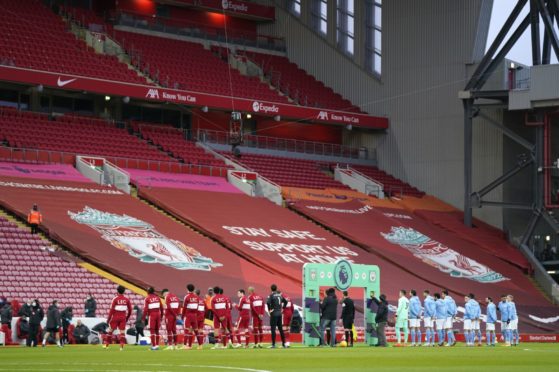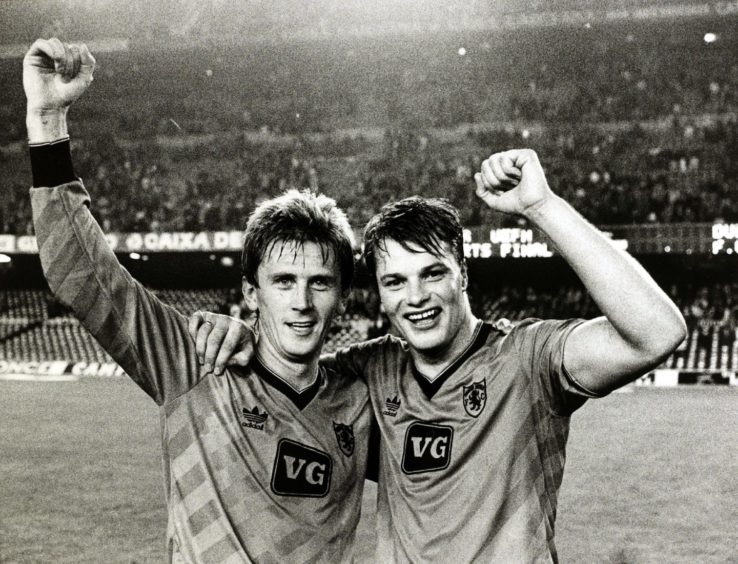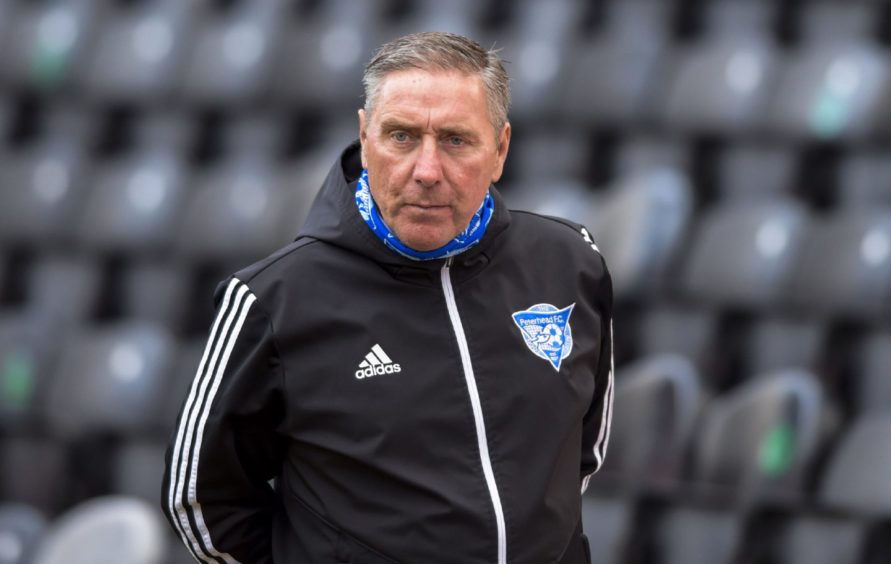I met an old pal the other day who rails against top flight English football, and refuses to watch it.
I’ve found his attitude not uncommon.
I’m of a generation who grew up watching many Scots playing in England; indeed my uncle George left Dundee St Joseph’s juniors to sign for Leeds United as a 17-year-old and my mother’s cousin was signed at Sheffield Wednesday.
It wasn’t uncommon at one time to find Scottish players liberally sprinkled throughout the game at all levels in England.
Resentment
At its best I find their top division a compelling spectacle and some of the criticism aimed at it smacks of sheer envy.
In the last two weeks I’ve watched Everton in games where terrific football was served up by them, along with Leeds and Spurs.
There’s a real resentment among some folk about the huge sums of television money and enormous wages available over the border, which leaves us looking like paupers in comparison.
Brighton technical director Dan Ashworth says because their league has so much money they can compete for most players in the world.
That must rankle Old Firm fans and even supporters of Aberdeen and Dundee United, who have illustrious European histories the unfashionable but cash rich south of England club could only gawp at.
But the English Premier League has been a marketing marvel and has packaged and sold its wares brilliantly round the globe.
It supplies a worldwide audience with razzamatazz and sheer quality miles ahead of what we can offer.
Our homely fare is competitive outside of the top two, but much of that entertainment comes not from the quality of the football but from the drama and stories off the pitch.
That isn’t a cause for embarrassment.
We share an island with a giant of world football and we should enjoy both what they and we provide as two separate entities.
Each has its own intrinsic value.
They provide the stardust, we supply the raw emotion.
Both commodities have their own virtues.
Scrapping lower league season is common sense call
Peterhead boss Jim McInally is right to call for the scrapping of the lower league season.
Due to restart in March after being stopped in mid January, the game is now a bogey.
The majority of players at that level are part-time, and the way they’ve been treated by the football authorities is a disgrace.
There might not be the same cachet playing for a League One or Two side as in the top echelons, but players in those divisions juggle full-time jobs and playing careers in a very professional manner, and those running the clubs face financial hardships as a matter of course in keeping the show on the road.
At that level the game is truly a community endeavour, representing small towns all over Scotland.
Those players are expected to keep themselves fit and in top condition awaiting a restart which might never happen.
It’s a shoddy way to treat them and the sensible thing to do is abandon the programmes now, offer whatever financial and other help is available and start to plan for next season.




